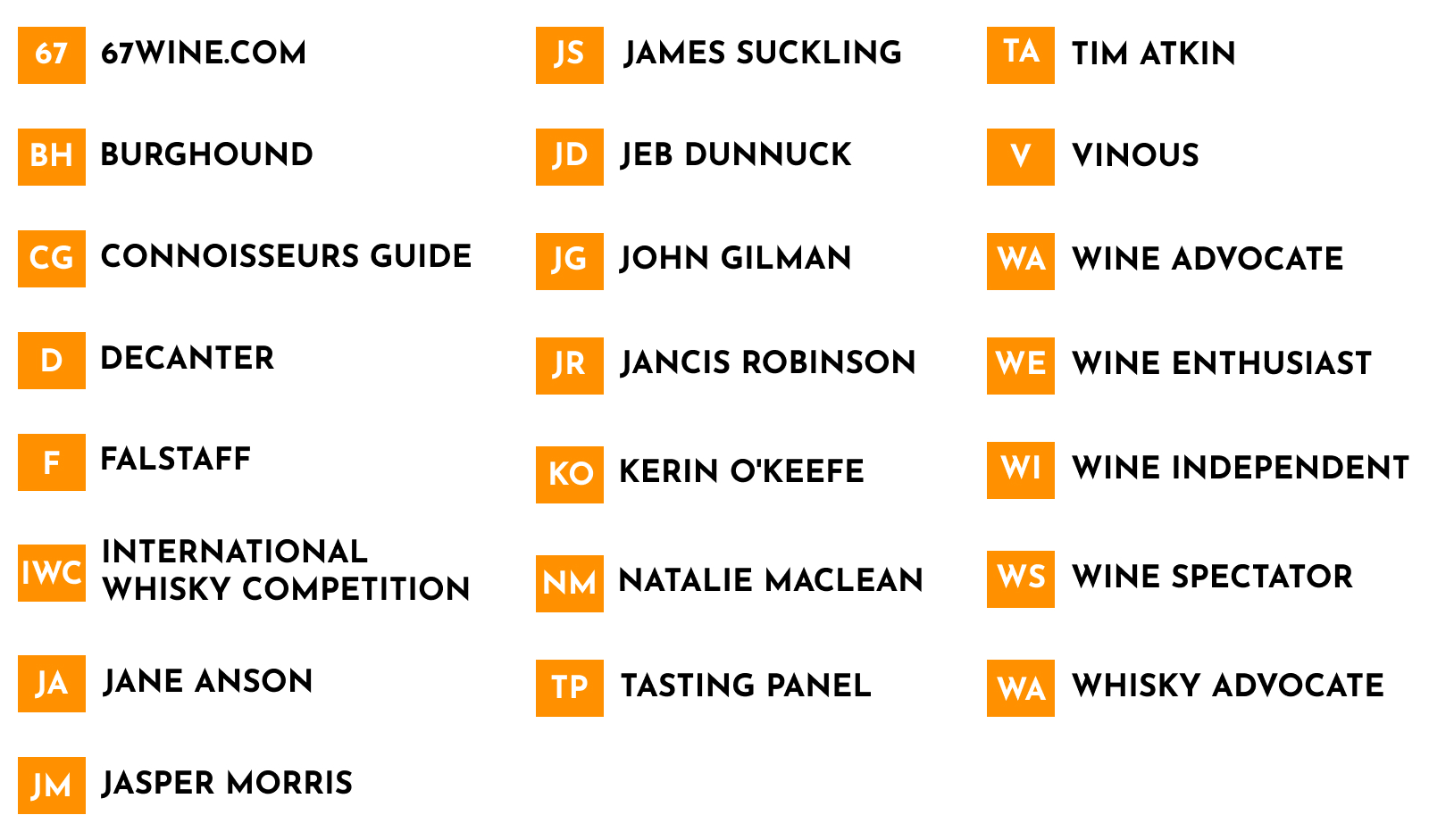With organic viticulture taking on an ever growing presence in the grape growing community, the term biodynamically grown is being used more frequently. How does biodynamic viticulture differ from organic? Organic viticulture basically states what a grower cannot use. A grower cannot use synthetic or chemical based fertilizers, insecticides, herbicides or weed killers nor can they use any genetically modified plant materials. After a three year moratorium on chemicals, a grower can apply for organic certification. Requirements by certifying organizations (organic certification in California is done by the CCOF), basically demand what is not being done in the vineyard rather than what is being done. Don’t do this and don’t do that and you are eligible for organic certification.
Of course, packing up the chemicals is a major step in the right direction for grape growers. Not only do chemicals poison the grapes and the soil in which they are grown, they poison the surrounding air and water as well. Do these chemicals find their way into a bottle of wine? Monsanto (makers of a wide variety of agrochemicals) would say no. Somehow, I have trouble believing them.
The chemical companies lied to us in the past about DDT, a chemical insecticide widely used in farming until it was banned as a likely carcinogen and environmental disaster in 1972. Now they tell us that Monsanto’s Roundup, the most widely used herbicide in the world (active ingredient glyphosate, a known toxin and ground water contaminant), breaks down in the soil naturally and is basically harmless to consumers’ health. That almost echoes the claim by tobacco companies telling us that smoking is virtually harmless. I think I’ll pass on the Roundup, thank you. So, yes, organic viticulture is a very good thing. We should all be supporting the farmers who have taken the steps to provide us with healthier alternatives.
So, how does biodynamic farming fit into the picture? Biodynamics encompasses all of the “cannot do” things of organic farming…no chemical fertilizers, insecticides, herbicides, etc. But, biodynamics does not stop there. Biodynamics looks at the entire picture, not just the framework. It’s all about the holistic well being of not only the plants, but the entire vineyard or farm. Biodynamics encourages the build up of microbial life in the soil through the use of special preparations that are applied when the vineyards are most receptive to them. Biodynamics works with the rhythms of the sun, moon and stars, which have a profound influence on life on this planet.Biodynamics is a link to the ancient wisdom of our ancestors. Modern day conventional viticulture (using chemical sprays) is a fight between man and nature, a fight in which nature will ultimately win.
Conventionally farmed vineyards are like junkies that need a fix to survive. The metabolism and immune system of the soil (the life blood) of the vineyard are so badly damaged from chemical treatments they are unable to fight back against diseases and predators. The grower goes from problem to problem, (insects, mold, fungus, etc.); spraying away, fighting battle after battle with the forces of nature. Organic viticulture is a step in the right direction, where the grape grower has stopped fighting and declared a truce with Mother Nature.
The grower opens up a dialogue with planet Earth and looks for solutions to problems rather than cosmetic quick fixes. Biodynamic viticulture, on the other hand, is when the grower becomes unified with the forces of nature. Here, all things become positive. Rather than fighting nature, the grower is utilizing all of nature’s forces to his or her advantage. The biodynamic farmer opens up a communication with the soil and environment, a synergy that draws together astral and earthly forces. The vineyard becomes a healthy self-sufficient organism, where energy is drawn in and utilized to the fullest.
Written by Bart 67Wine.com



